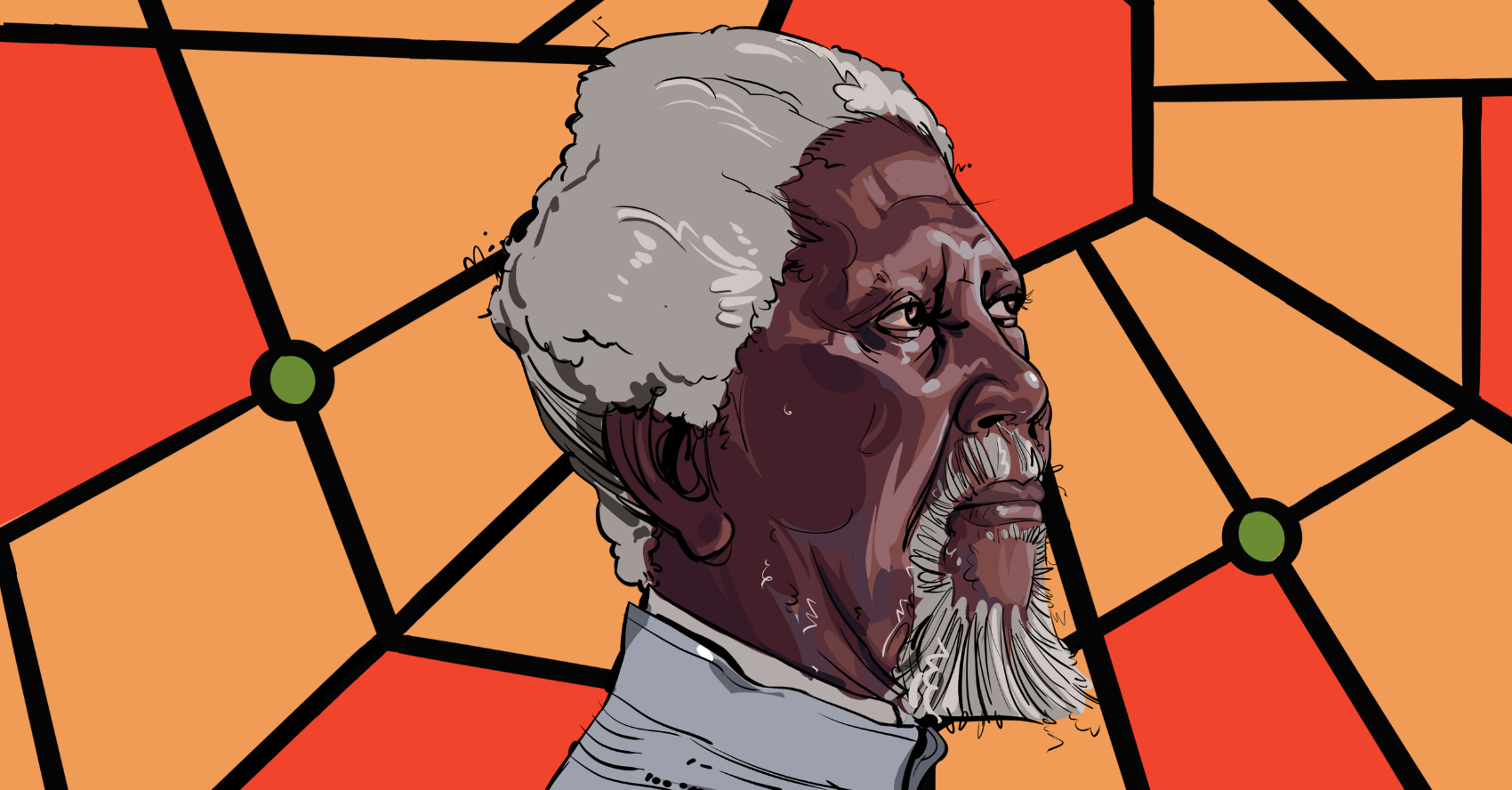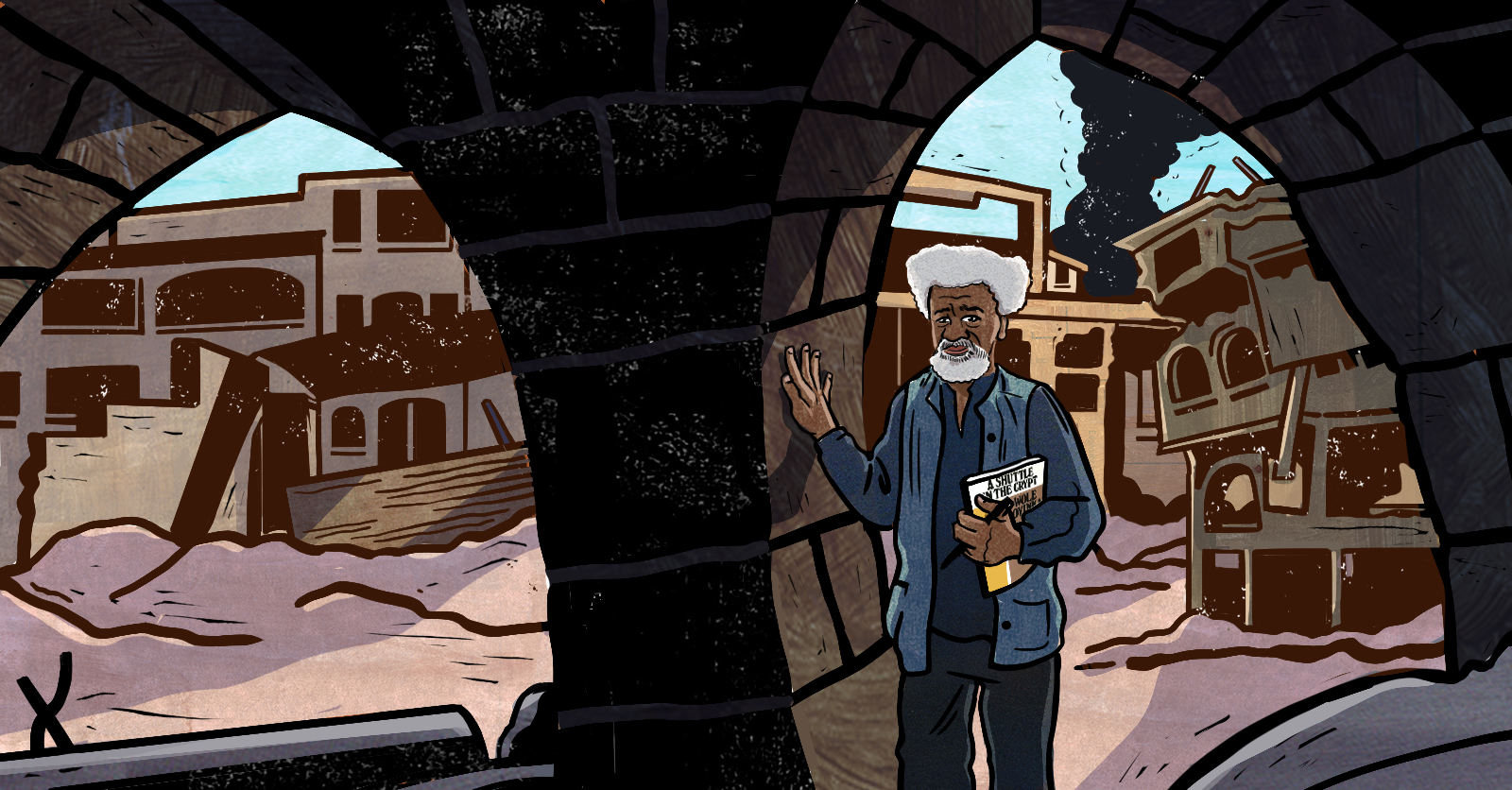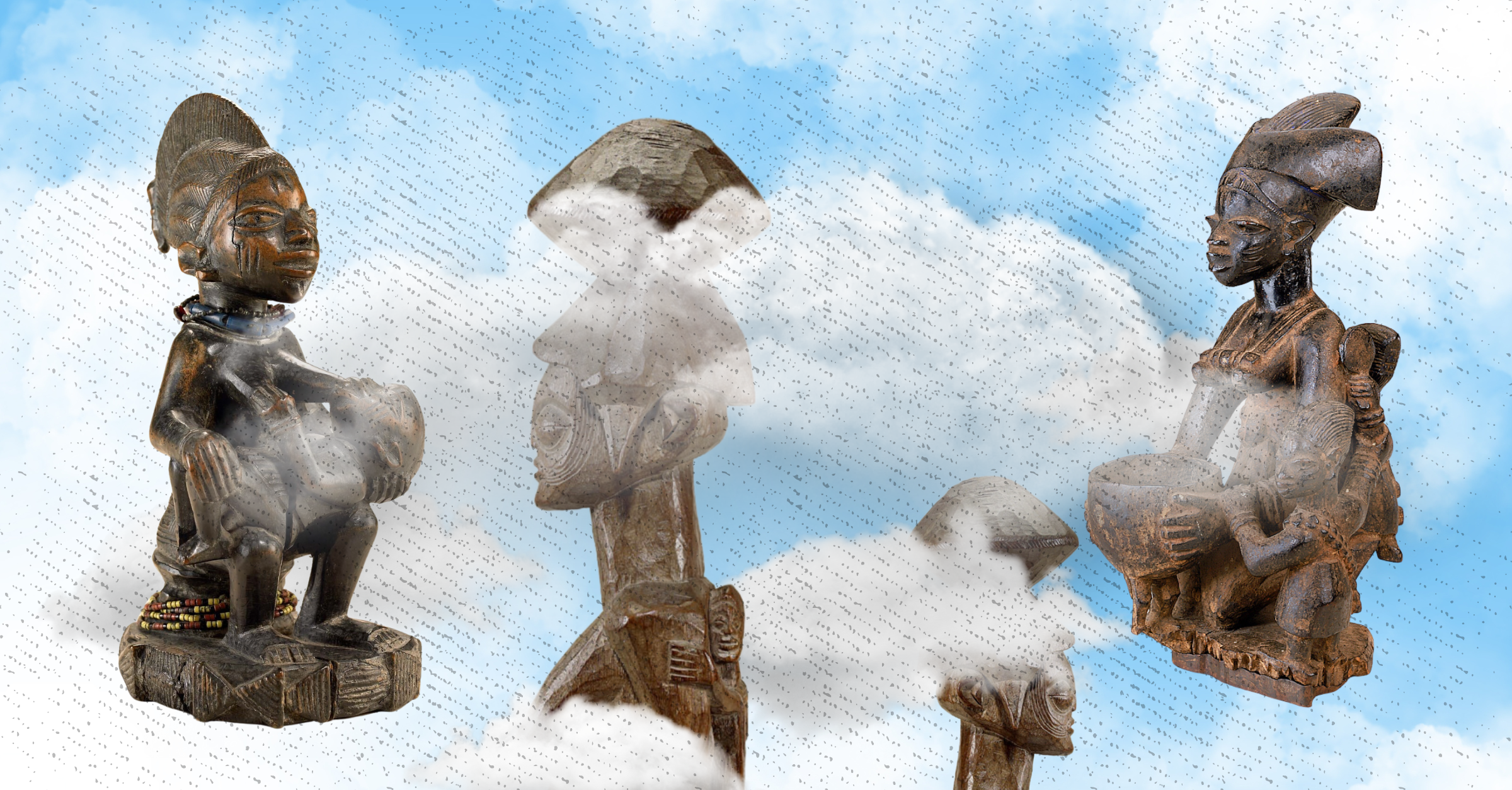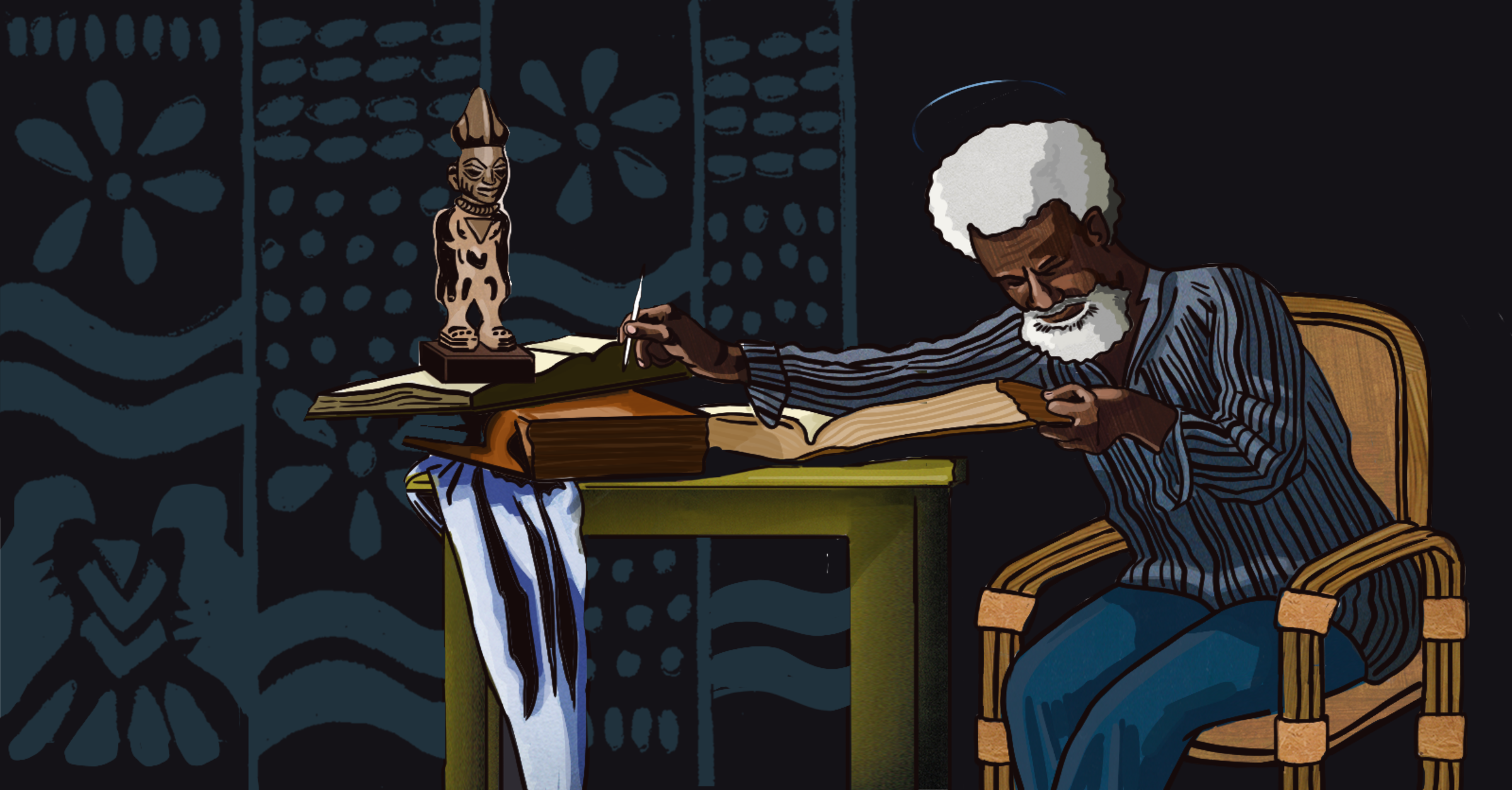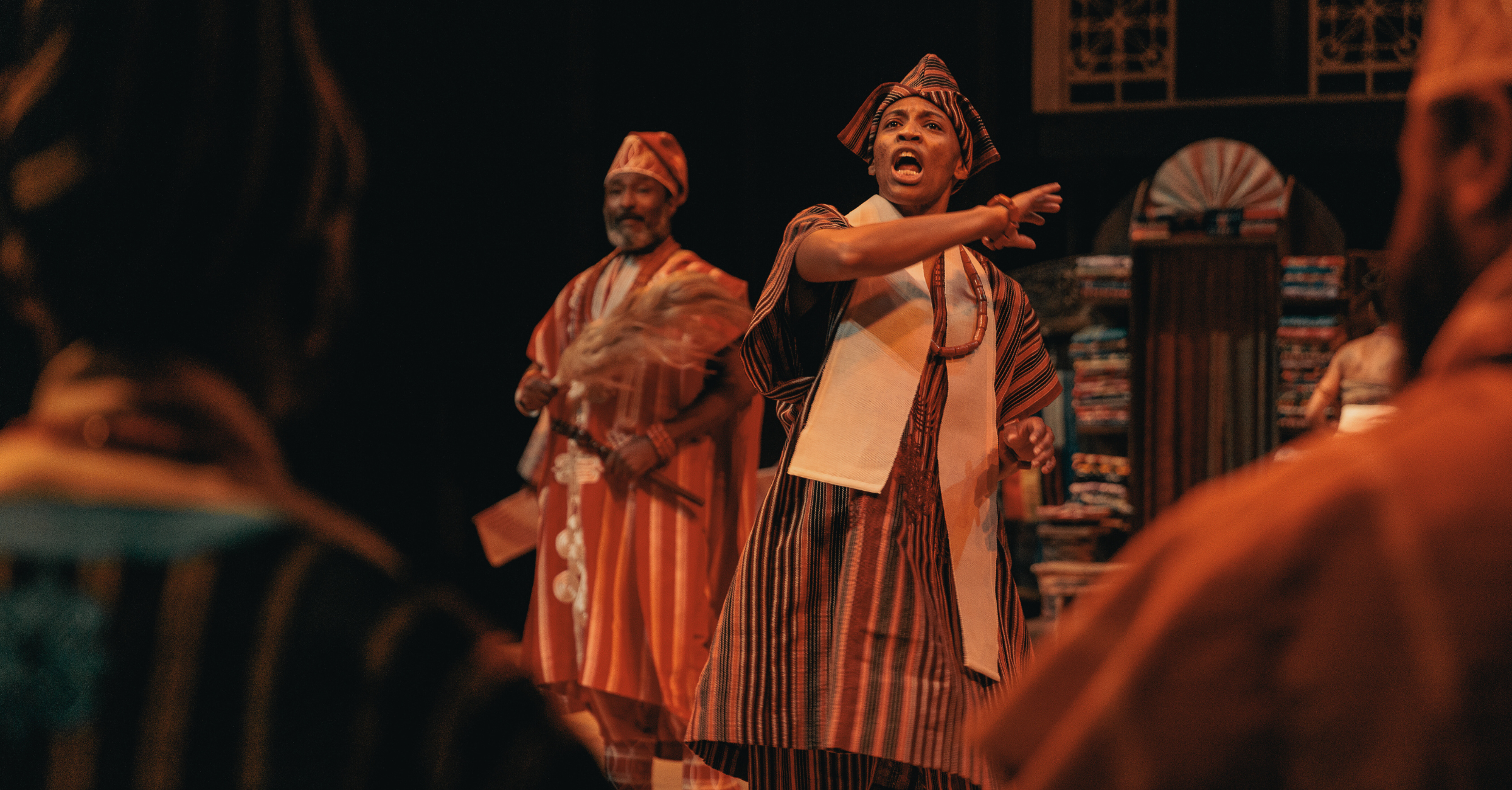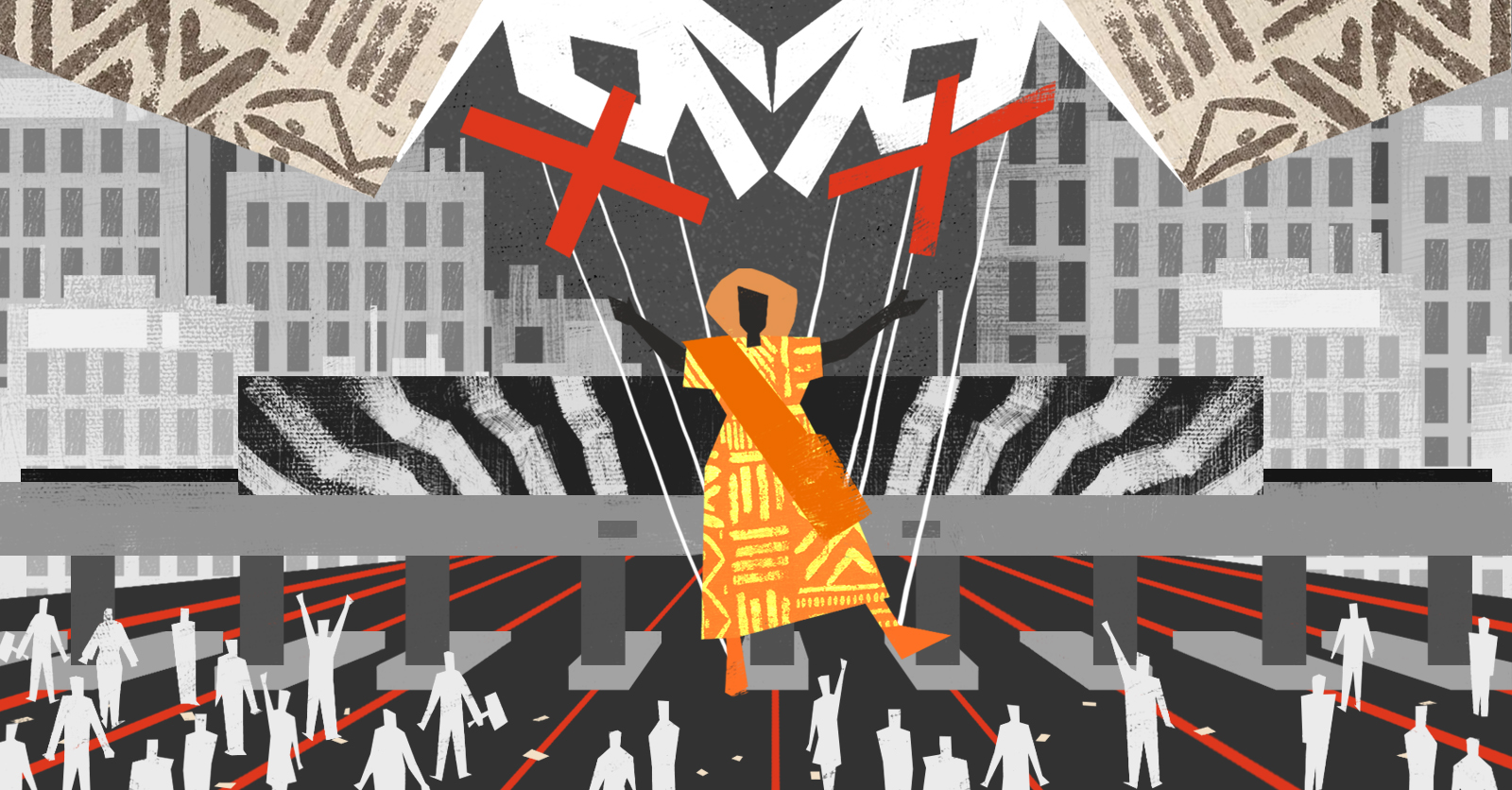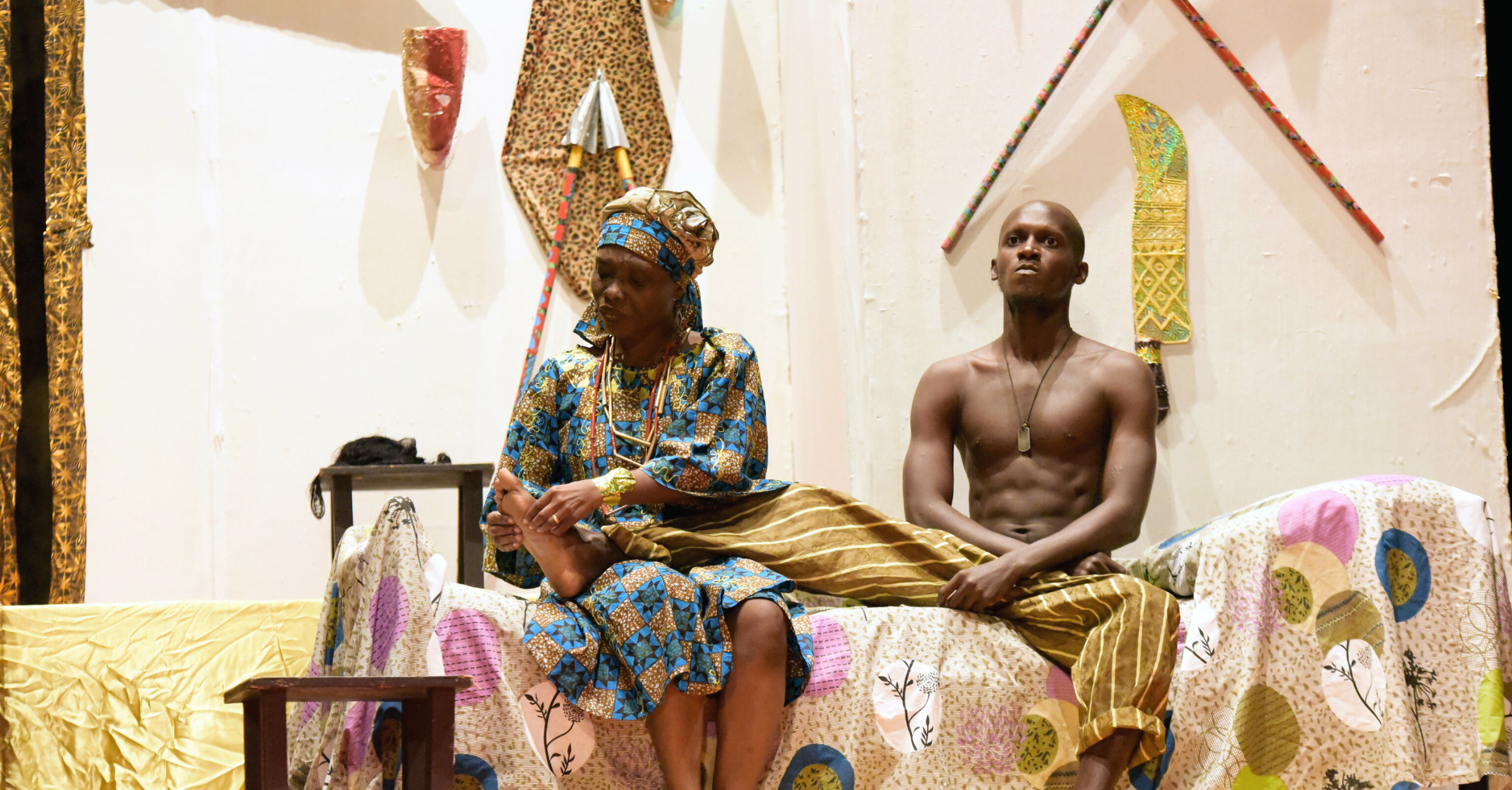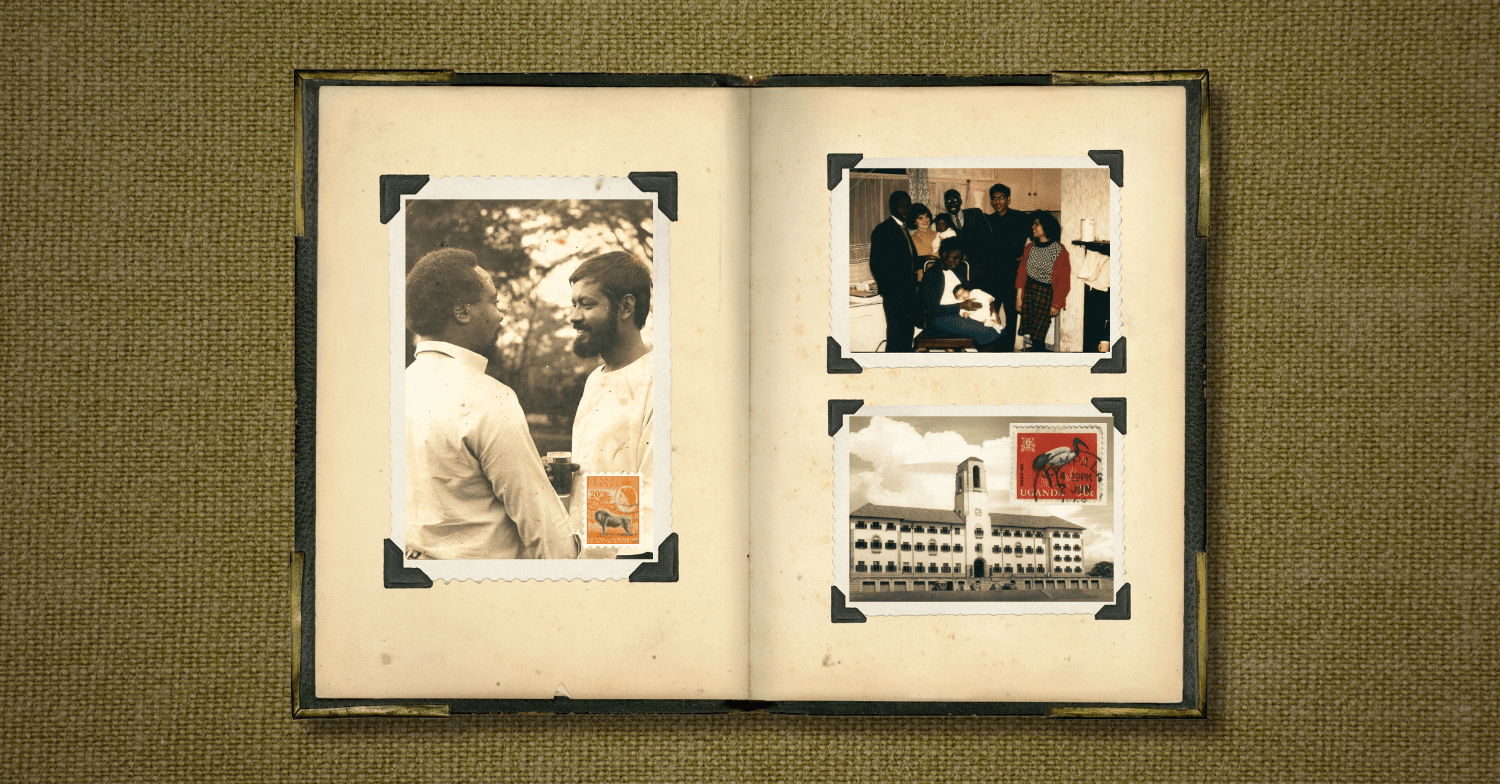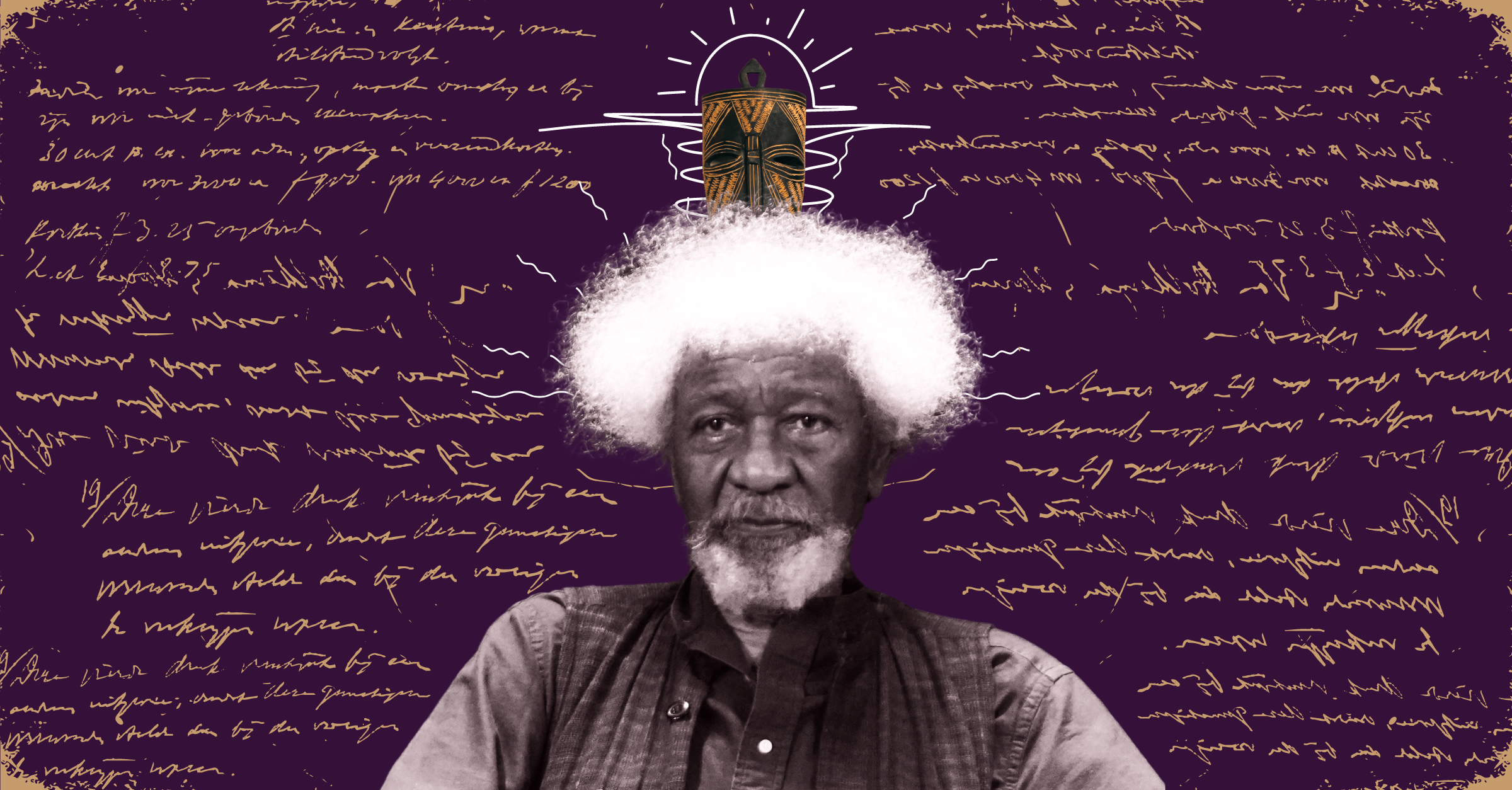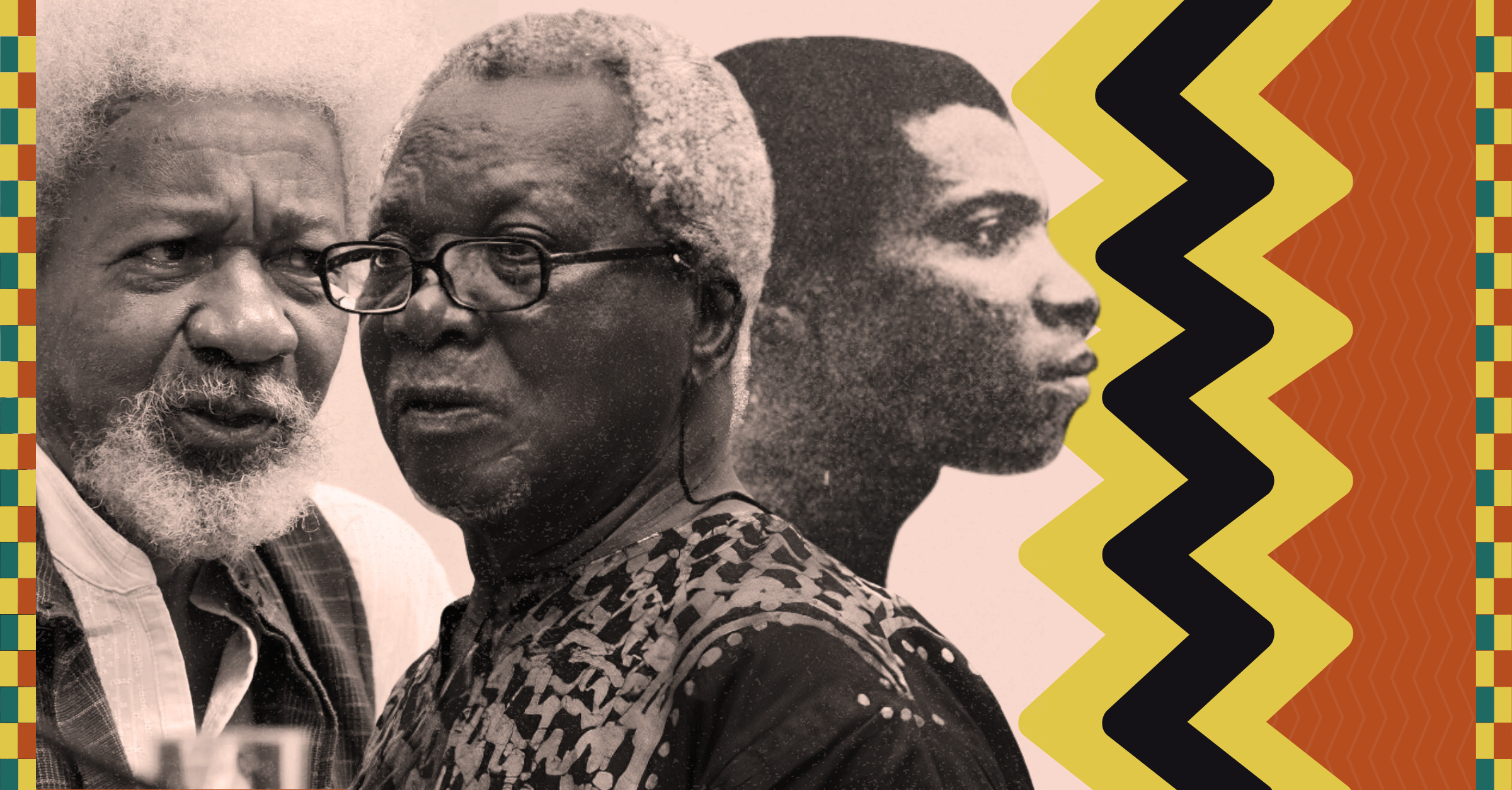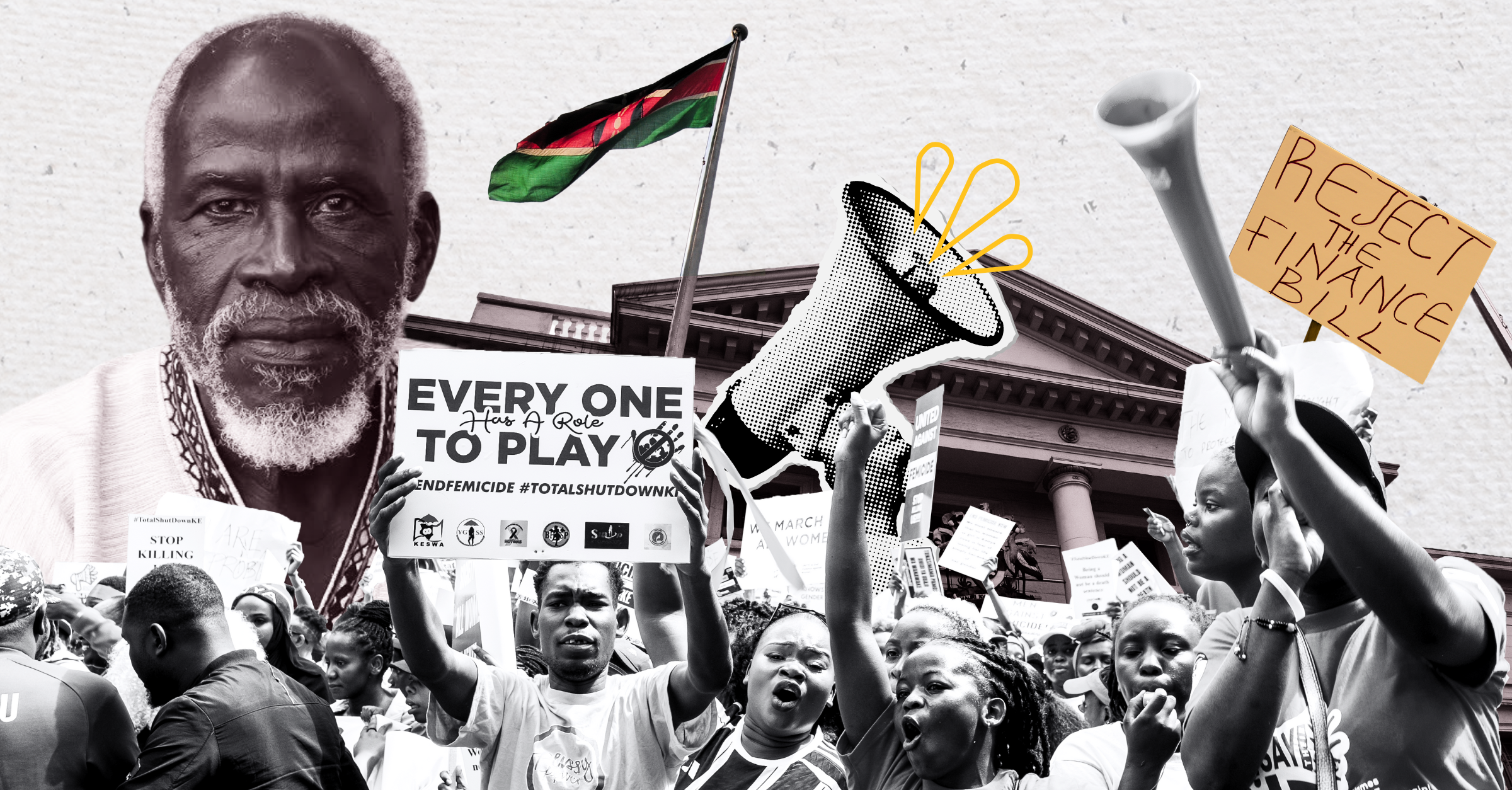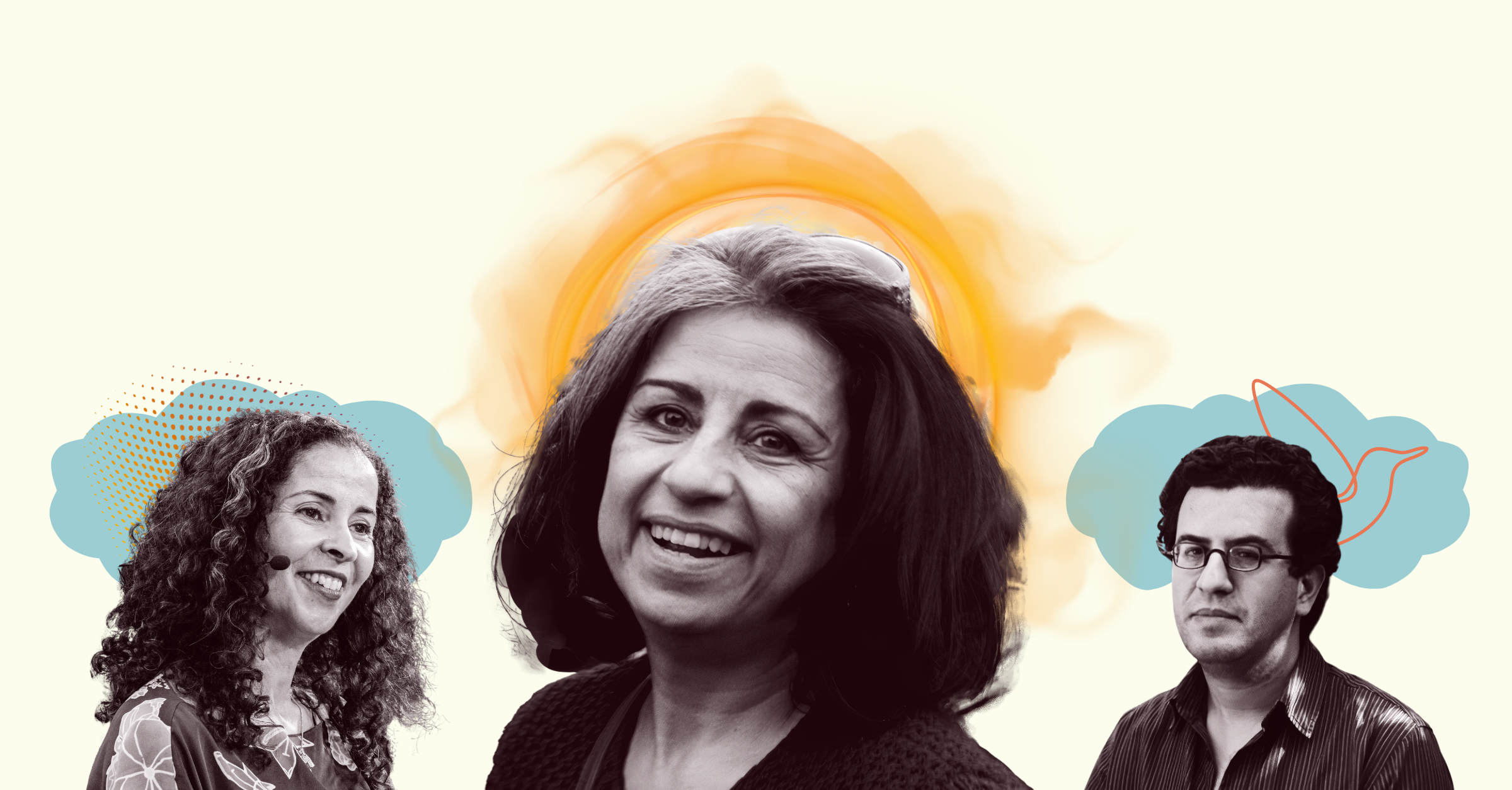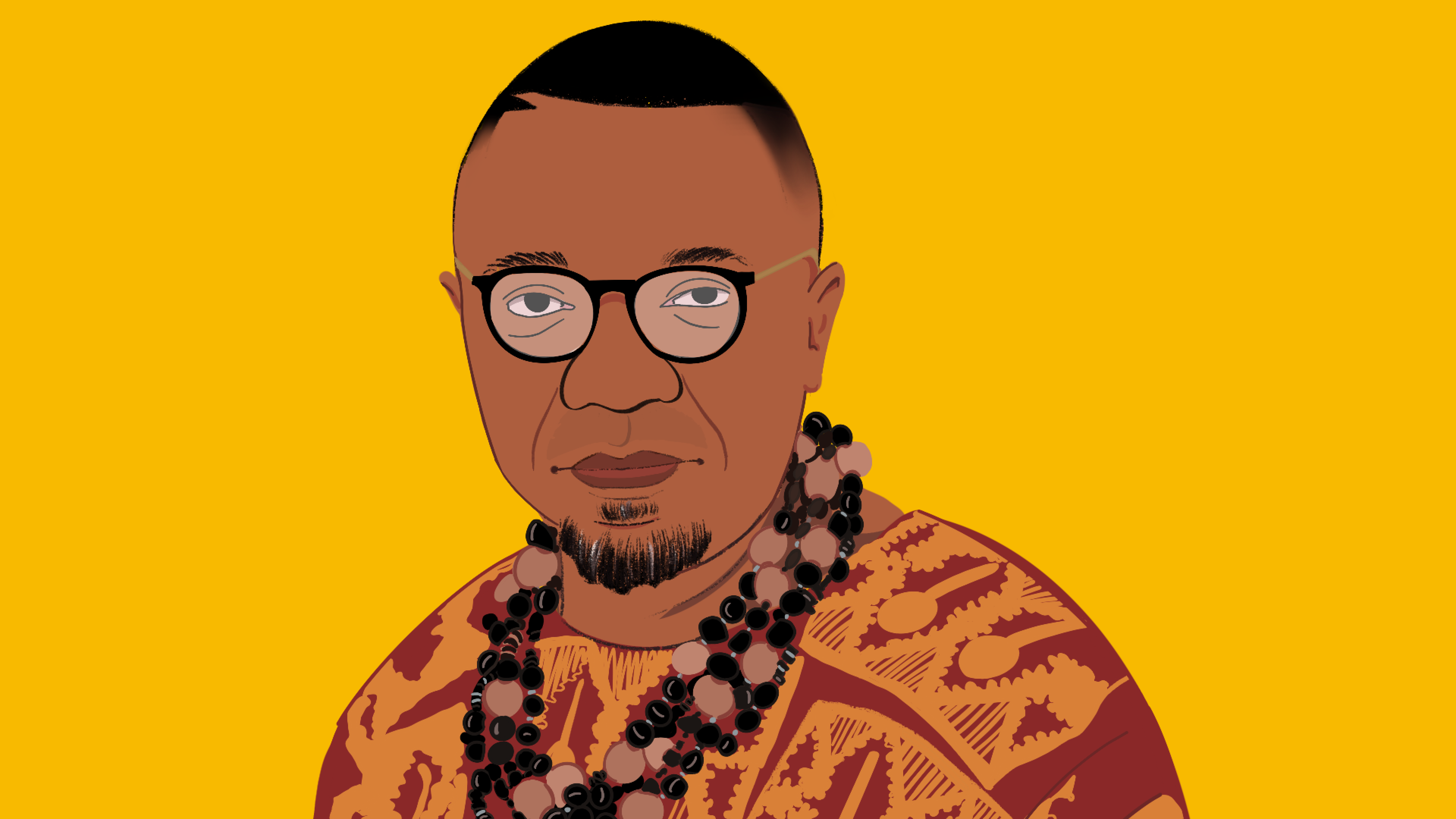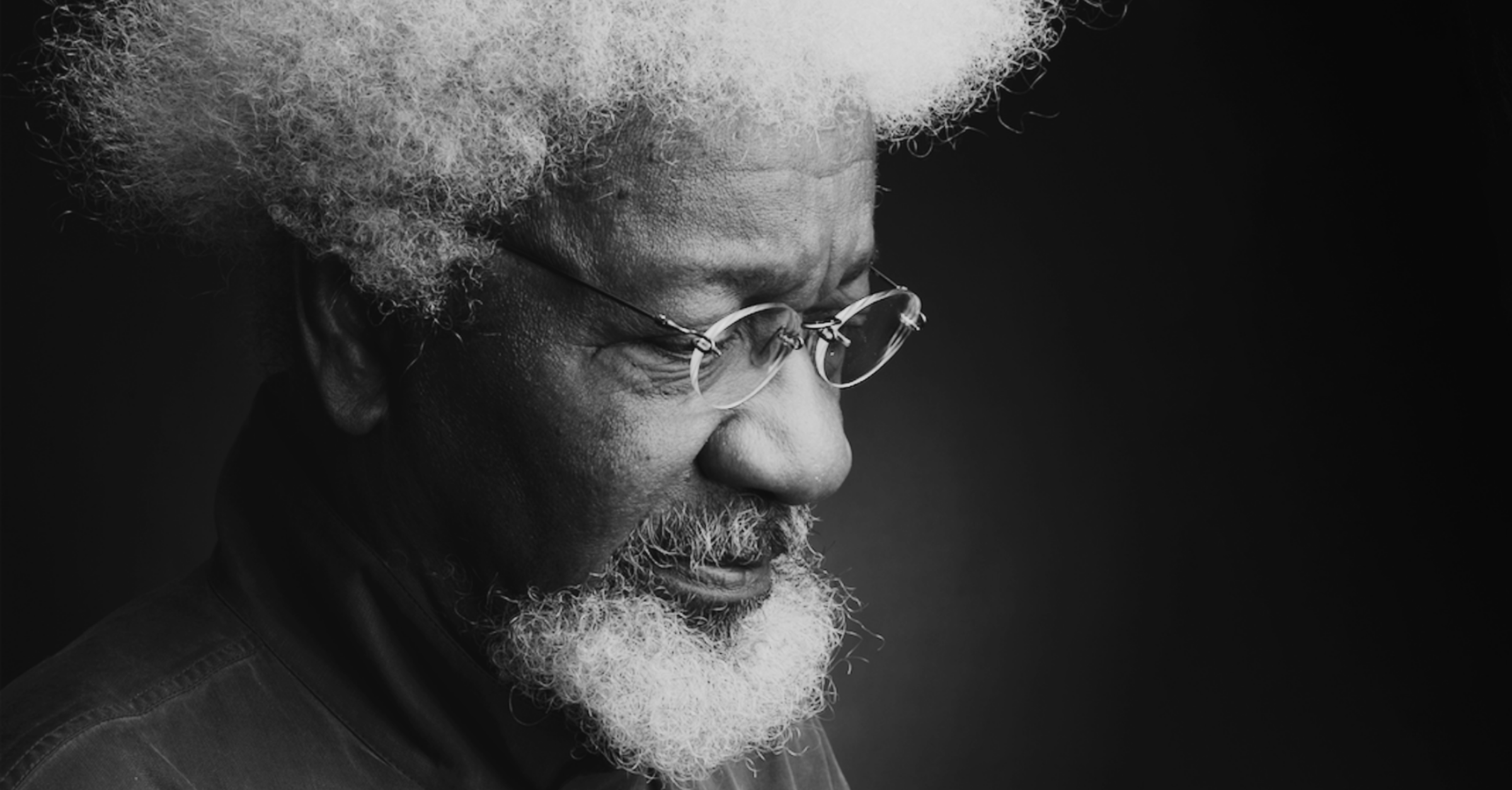
Wole Soyinka. GLENN GRATTY / STRATFORD FESTIVAL CA.
EDITOR’S FOREWORD
On Wole Soyinka

Wole Soyinka. GLENN GRATTY / STRATFORD FESTIVAL CA.
EDITOR’S FOREWORD
On Wole Soyinka
Throughout my lifetime, Wole Soyinka has been a towering voice in African literature and African affairs. Speaking to him in an interview, which is part of this issue, we were able to discuss our world today and his place in it. As such, it is only right that the interview starts this issue, but the interview is far from the only thing this issue set out to highlight. African literature is currently experiencing a plurality of debates: from whether nationality alone is what makes literature African to how to place literature from North Africa—is it African or Middle Eastern? To whether there is still hope for pan-Africanism and what the role of literature might be towards that end. What is clear is that reading Soyinka can help us understand some of these questions and perhaps even begin to answer them. After all, Soyinka has been engaged in some of these discussions for a very long time. His critiques of the historical Négritude movement come to mind, while ‘Climate of Fear’, his 2004 Reith Lecture, continues to resonate as our world grapples with multiple crises including those in Sudan, the Congo and Gaza. To understand how Soyinka’s works better prepare us to engage with our world, we invited a series of writers from across Africa and the African diaspora. These writers discussed not only Soyinka’s legacy but also ongoing developments in various regions of the African literary world that complicate but also inspire new thinking about the meaning of African literature.
‘Professor Soyinka’s journey as a writer and activist began in earnest during Nigeria’s struggle for independence,’ I note ahead of my interview with him. ‘…and his works have since become synonymous with the fight against oppression and tyranny. “Nigeria is a product of British imperialism,” he told me, “the writer a liberator from!”’ Our conversation began with a reflection on ‘Climate of Fear’, and its relevance to today’s world 20 years on. Soyinka’s assessment was stark and unflinching: ‘The direst fears expressed in those lectures have been over-subscribed,’ he said. ‘I shudder at the bequest we are leaving the coming generations.’
The Necessity of Demas Nwoko’s Natural Synthesis
At 89, Demas Nwoko invites us to prioritize local community impact over international glamour and to rethink the trajectory of African art and architecture.
Now, the essays.
‘Soyinka has been at the vanguard of speaking up on vital issues of justice and human rights, often long before they’ve captured global attention or become fashionable—issues ranging from environmental conservation to looted African art,’ Sarah Ladipo Manyika writes in a personal reflection on Soyinka’s legacy. ‘And sometimes,’ she continues, ‘Soyinka’s moral and intellectual commitment are also joined by an equally powerful adventurous spirit.’ Having read about Soyinka’s escapades ‘to Brazil to steal looted art—the Orí Olókun, the bronze head of the sea god—and bring it back to Africa,’ Manyika asked him about it in a public conversation. According to her, ‘His response was stern, albeit with an adventurous and boyish twinkle in his eye: “You know, that word ‘steal’—I don’t like it. I went to recover the property of my own people.”’
‘As a Nigerian, Soyinka was attuned to [the] far-gazing hope of building common solidarity across great geographic and temporal distance,’ Richard Solomon writes, connecting Soyinka to global decolonial struggles, the Palestinian struggle especially. Faced with the ongoing genocide in Gaza, ‘What is left for us to do? For besieged Palestinians to do?’ Solomon asks. ‘So far, in my journey up to the mountain tops of Soyinka, the man’s great achievement has been to marry the humanizing gift of poetic imagery with the railing invective of a Biblical prophet.’
Soyinka in the Gazan Crypt
Wole Soyinka’s work gives to Palestinians something the life-world of Palestinian letters give to us: an abiding love and solidarity for the captive.
What Wole Soyinka Means to Me
A native daughter reflects on the life and legacy of a literary giant.
In line with our new format, this issue features authors writing on Soyinka and literature-related topics ranging from arts & culture to world affairs. Our Arts section includes an essay by Ancci considering the significance and influence of Soyinka’s legacy as a dramatist. This section also includes an essay by Yomi Chibuikem Folaranmi, which unpacks the meaning of Soyinka’s ‘rewardingly obscure poem’, ‘Àbíkú’. Mobólúwajídìde Joseph revisits the successes, challenges and lessons behind the 2022 production of Death and the King’s Horseman at Canada’s Stratford Festival. Ibrahim Williams explores what it means to read Soyinka’s ‘Climate of Fear’ in today’s world.
A Walk Through Wole Soyinka’s ‘Àbíkú’
An anthropological attempt at unravelling Wole Soyinka’s rewardingly obscure poem, ‘Àbíkú’.
The Dramatic Procedures of Wole Soyinka
Wole Soyinka’s legacy as a dramatist is a testament to what a proper cultural education, clear ambition, and strict commitment to craft can produce.
Death and the King’s Horseman at the Stratford Festival
The successes and challenges behind the production of one of Nigeria’s most iconic theatre works on a Western stage.
The World After Wole Soyinka’s Climate of Fear
First presented as Reith Lectures exactly 20 years ago, what does it mean to revisit Wole Soyinka’s Climate of Fear in today’s chaotic world?
In Culture, Chinua Ezenwa-Ohaeto considers the growing influence of coming-of-age novels on the Nigerian literary landscape. ‘The bildungsroman is the novel of Nigeria,’ he argues. ‘No other kind of novel captures completely what it means to be Nigerian in the volatile, high-velocity, interconnected world of the twenty-first century. The coming-of-age experience is the authentic Nigerian experience, and the problem, as we see it, is ever familiar and urgent.’ In Gender, Olabanke Goriola offers a feminist reading of Soyinka’s Death and the King’s Horseman and The Lion and the Jewel.
In History, Carey Baraka recalls East Africa’s literary golden age: ‘For much of the sixties, Kampala was at the centre of literature in Africa, its status propelled by Makerere University and Rajat Neogy’s Transition Magazine. However, in the seventies, the violence of Idi Amin forced intellectuals and artists to flee the Ugandan capital and led to the end of Kampala’s cultural dominance in Africa.’
An African Feminist Reading of Wole Soyinka
Feminist scholars have often debated the portrayal of women in Wole Soyinka’s works, who typically navigate patriarchal societies. In Soyinka’s plays, Death and the King’s Horseman and The Lion and the Jewel, however, we find women who operate within the confines of tradition and strategically redefine their roles through acts of defiance.
The Coming-of-Age Novel as a Portrait of Nigeria
The bildungsroman is the novel of Nigeria. No other kind of novel captures completely what it means to be Nigerian in the volatile, high-velocity, interconnected world of the twenty-first century.
Remembering Kampala
For much of the sixties, Kampala was at the centre of literature in Africa, its status propelled by Makerere University and Rajat Neogy’s Transition Magazine. However, in the seventies, the violence of Idi Amin forced intellectuals and artists to flee the Ugandan capital and led to the end of Kampala’s cultural dominance in Africa.
In Ideas, Yinka Adetu revisits the historical debate between Soyinka and the Bọ́lẹ̀kájà trio (Ibekwe Chinweizu, Onwucheka Jemie, and Ihechukwu Madubuike), and writes on the influence of the debate on the evolution of Nigerian poetry. Soyinka, ‘a proponent of innovation and experimentation, argued that African poetry must evolve and engage with global literary trends,’ Adetu writes. ‘In contrast, the Bọ́lẹ̀kájà critics, champions of cultural authenticity, advocated for a return to indigenous African traditions and a rejection of Western literary dominance.’
Additionally, Oluwaseun Adetunji considers the potential of the Négritude movement in today’s world: ‘By participating in these discussions today,’ she says, ‘we gain a better grasp of the ways in which African thinkers challenge and counter the prevailing narratives about Africa, both domestically and internationally. They make us think again about the ways in which cultural identities are made and broken, and what these arguments mean for modern African communities that are fighting for their own political, social and cultural independence.’
Négritude Since Wole Soyinka
Despite Wole Soyinka’s engaging, critical views about Négritude, why has the movement remained relevant in shaping Africa’s history, philosophy and literature?
Revisiting the Soyinka-Bọ́lẹ̀kájà Debate
Since the landmark Soyinka-Bọ́lẹ̀kájà debate of the 1980s, African poetry has sparked intense discussions about authenticity and the influence of Western literary traditions and forms on its poets.
In World Affairs, Faysal Bensalah writes on the wave of North African authors writing novels in English. ‘An important yet often ignored development has occurred in the literary sphere of the African continent—North African writers author books in English now,’ he says. ‘They exist. They are read. They are celebrated.’ From Kenya, Hassan Kassim considers the literary influences of Kenya’s recent Gen Z-led protests: ‘When literature serves its function, radicalization is the call to action. For the masses to rise up as we inventory the past,’ Kassim writes. ‘This lifeline of the country has always been captured for a public that doesn’t read, in the books of Ngũgĩ, Grace Ogot and Meja Mwangi. Fictions that are splashing beyond our borders inform not only the East African condition but the human condition as well.’
Fiction as National Memory in the Age of Mass Protests
Considering the 2024 Kenyan Gen Z protest, and the rising discontent among African youths, can literature play the role of lens in times of moral crisis, that too for a...
The North African Novel in English: What Is It? How Is It?
Arabophone and Francophone literatures have dominated the region of North Africa for decades, but now a third one is emerging—the Anglophone one.
In Interviews, Cameroonian academic and author of Dog Days, Patrice Nganang, says social media has led to his transformation as a writer: ‘Social media led to my imprisonment, helped me free a few hundred people from jail, build schools and bridges, and feed incarcerated individuals. Simply put, it made me the writer I always dreamed of becoming.’ of non-fiction writing.’
‘Writing Comes From a Place of Danger and Struggle’ Patrice Nganang’s First Draft
Cameroonian academic and author of Dog Days, Patrice Nganang, says social media has led to his transformation as a writer: ‘Social media led to my imprisonment, helped me free a few hundred people from jail, build schools and bridges, and feed incarcerated individuals. Simply put, it made me the writer I always dreamed of becoming.’
Since our last issue, The Republic has received funding from the Open Society Foundations (OSF), which will go towards expanding our Ideas column. OSF funding also supported the production of this issue. We also won the Google News Initiative’s Innovation Challenge. Additionally, Google’s award will go towards helping us to build ATLAS, a photo discovery and licensing platform.
As usual, we encourage our readers to engage with our essays and articles and to provide insightful comments. Readers may send their views directly to the Editor by addressing emails (of no more than 700 words) to wale@republic.com.ng, with the subject, ‘Comment on Xyz Essay’, or ‘Letter to the Editor’ as applies. Comments and letters will be archived and, depending on the quality of the arguments presented, we may reach out to assist in developing your letters and comments further for publishing in the magazine.
At The Republic, we will always prioritize the meaningful exchange of ideas. We commit to pressing forward: on the most critical of social, political and economic issues; by innovating through knowledge gaps; and by providing guidance through thickets of opinion, ignorance and misinformation—three key features of our time—in search of glades of insight⎈
shop the republic
-
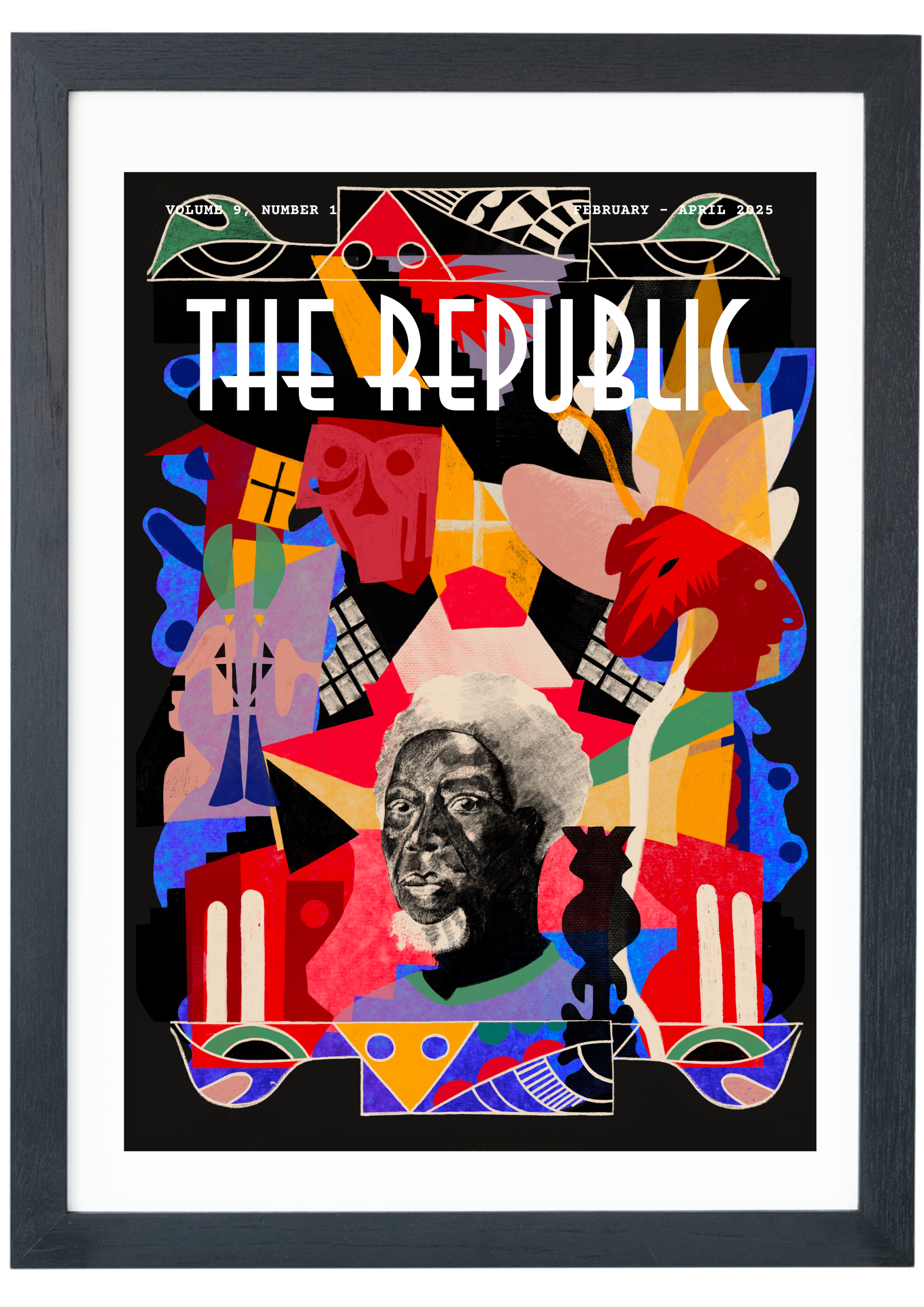
‘Natural Synthesis’ Print by Diana Ejaita
₦70,000.00 – ₦75,000.00 Select options This product has multiple variants. The options may be chosen on the product page -

The Republic V9, N1 Demas Nwoko's Natural Synthesis And The Rise of African Architecture
₦15,000.00 Buy Now -
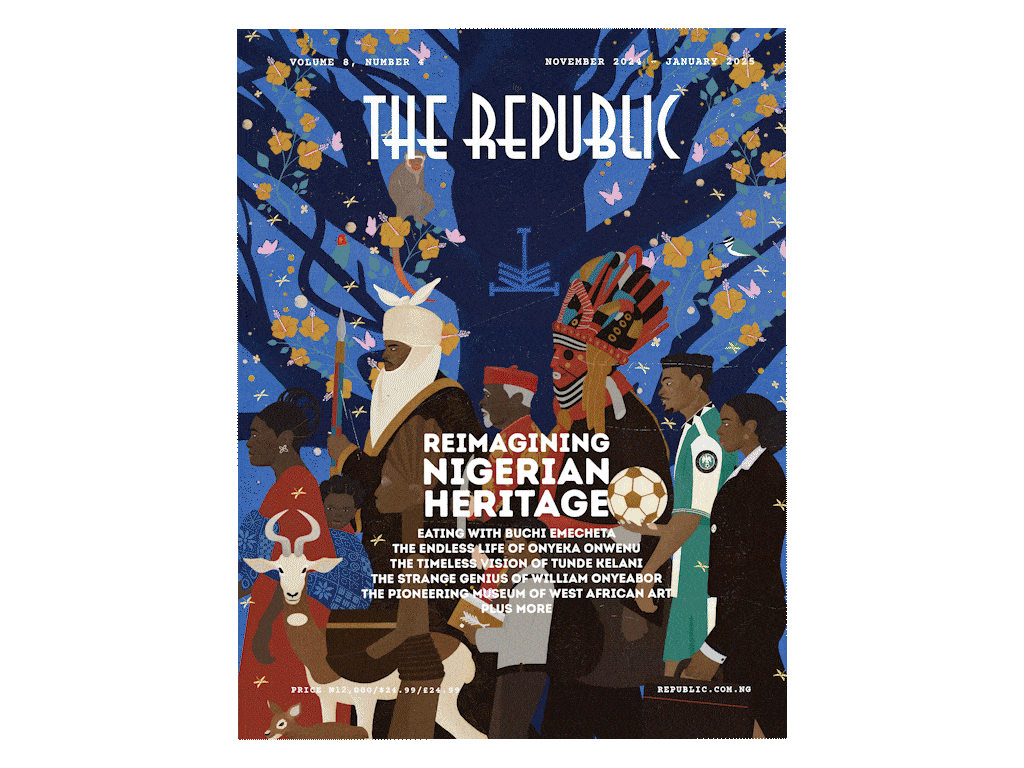
The Republic V8, N4 Reimagining Nigerian Heritage
₦24,000.00 Buy Now




